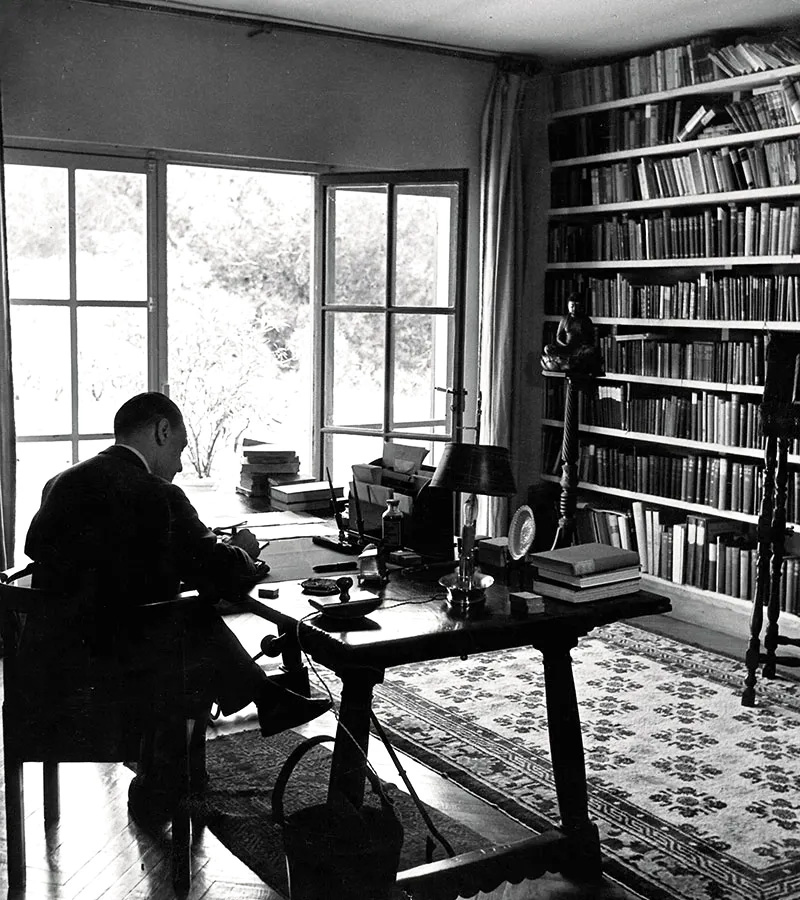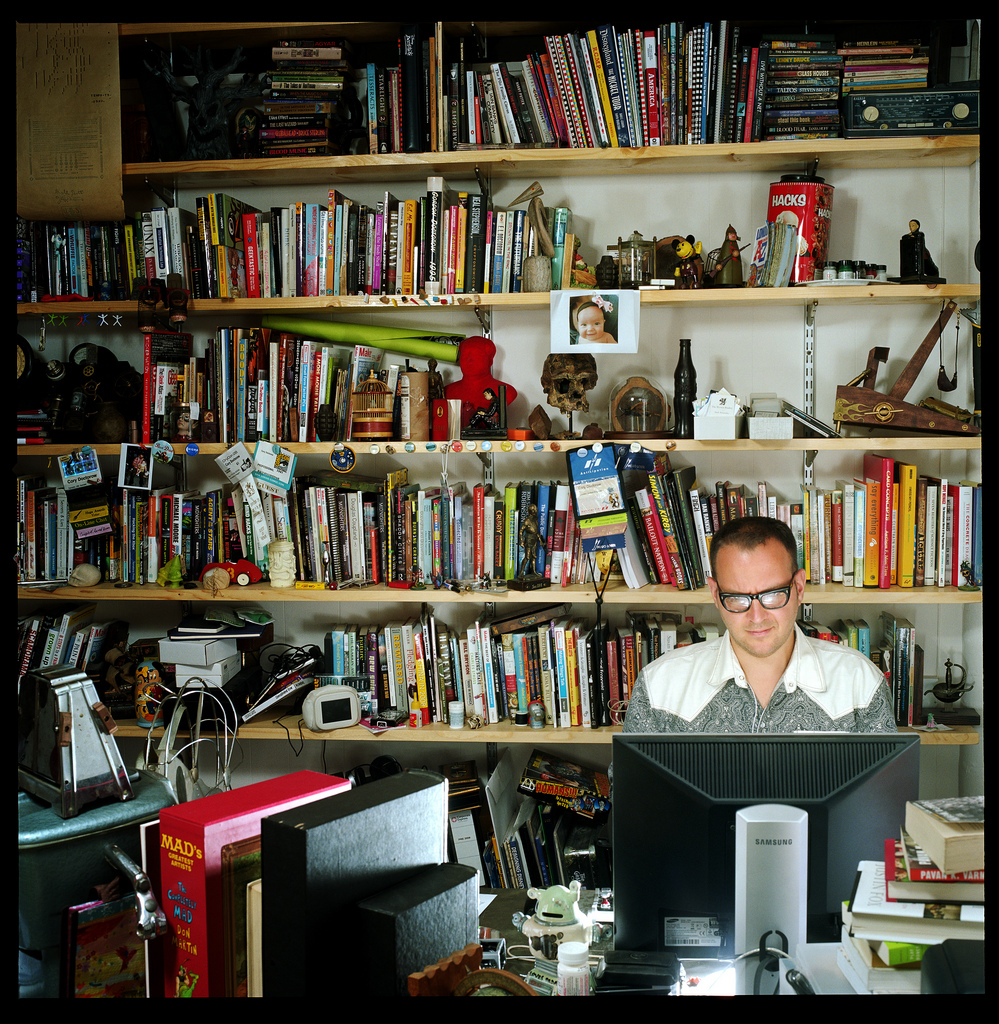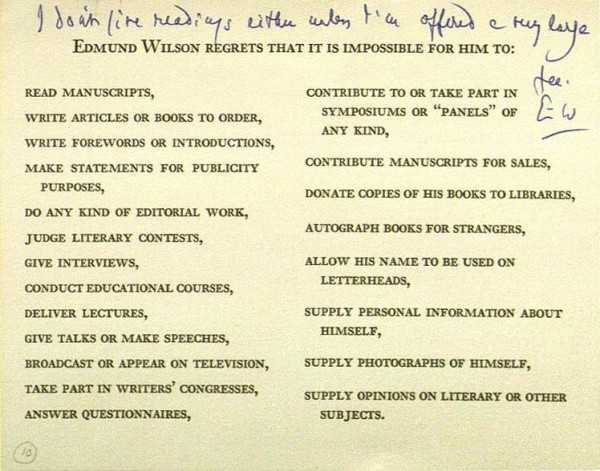
The publication of This Side of Paradise when he was 23 immediately put Fitzgerald’s income in the top 2 percent of American taxpayers. Thereafter, for most of his working life, he earned about $24,000 a year, which put him in the top 1 percent of those filing returns. Today, a taxpayer would have to earn at least $500,000 to be in the top 1 percent. … Most of his earnings came from the short stories and, later, the movies. His best novels, The Great Gatsby (1925) and Tender Is the Night (1934), did not produce much income. Royalties from The Great Gatsby totaled only $8,397 during Fitzgerald’s lifetime.… When he died in December 1940, his estate was solvent but modest — around $35,000, mostly from an insurance policy. The tax appraisers considered the copyrights worthless. Today, even multiplying Fitzgerald’s estate by 30, it would not require an estate tax return.
— William J. Quirk, “Living on $500,000 a Year: What F. Scott Fitzgerald’s Tax Returns Reveal About His Life and Times”


